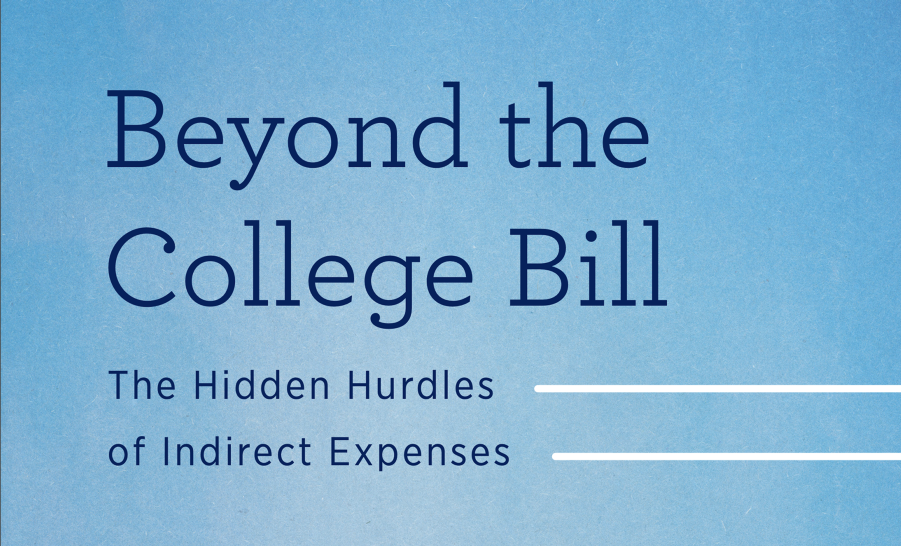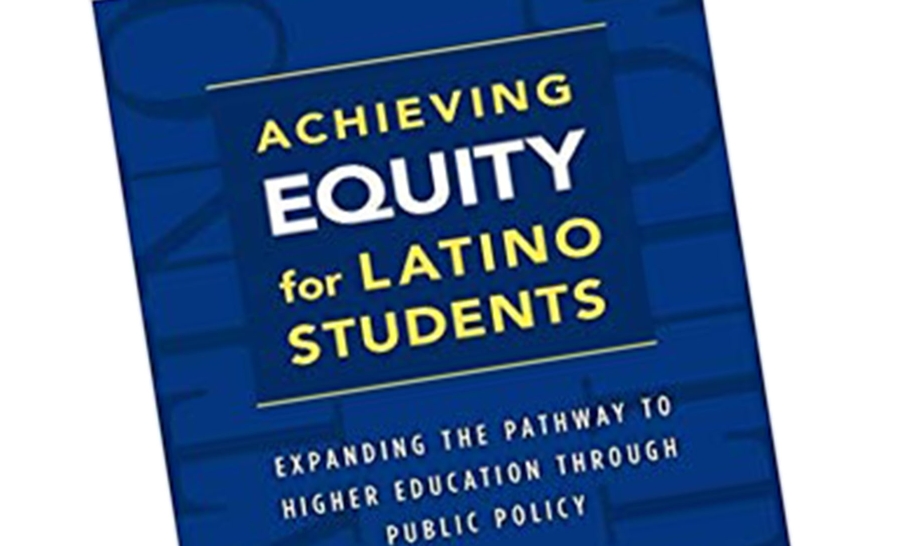Understanding Indigenous Students' Experiences in Medical Programs
This survey identified barriers to successful AI/AN medical trainee advancement, highlighting opportunities for institutions to foster inclusion of AI/AN trainees and grow the number of Native physicians.






